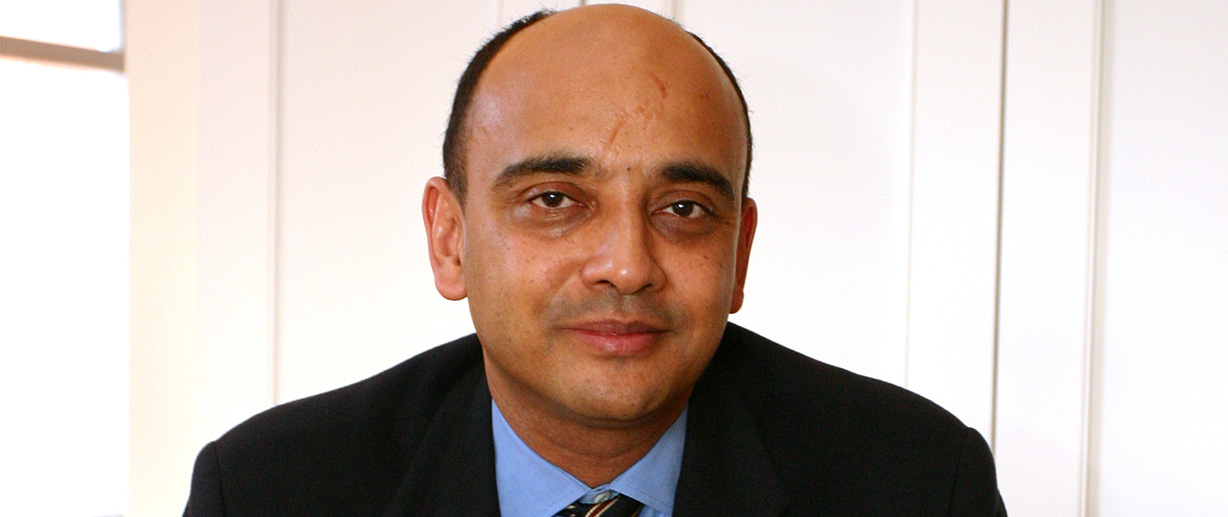Much has been made of the “Great Resignation,” which describes the number of people in the United States who’ve resigned from jobs during the COVID-19 pandemic. The words “quit” and “left” are often used when discussing the moment.
Kwame Anthony Appiah encourages people to look at it another way.
“Think of it as rethinking their place in the workforce versus leaving the workforce,” Appiah says. “You should always take whatever you can with whatever life has given you, even if it’s bad, to try to make the most of it.”
Appiah, professor of philosophy and law at New York University (NYU) and the author of “The Ethicist” column for The New York Times, will give a lecture titled “Living Well: The Humanities as a Preparation for Life” at Wofford College at 6 p.m. on April 14. The event, which will be held in Leonard Auditorium, is free. The public is invited to attend.
Appiah will discuss the importance of studying the humanities and the opportunities people have to use education to shape their lives.
“We get to think about these things together, not just with people around us, but with Aristotle, the Bible and Jane Austen, and with a rich brew of ideas and taking part of what it means to make good use of an education,” Appiah says.
In addition to his lecture, Appiah will visit with students participating in the Presidential Seminar and the class will discuss an article he wrote for The Guardian that examines the concept of “Western culture.”
More than 6 million people around the world have died from COVID-19, the economy was negatively impacted by the pandemic and people lost jobs. Appiah says that suffering should not be overlooked, but the time people spent at home while many venues and entertainment options were unavailable led people to rethink their careers and the world they wanted to live in.
“Part of the reason people responded so widely and deeply to the killing of George Floyd is because we were already in a fragile state,” Appiah says. “You had time in a way to reflect on ‘What am I doing with my life?’ Part of that is, ‘What kind of country do I want to live in?’”
College campuses often provide space for students to think about those questions, and Appiah encourages them to embrace it.
“In college, you have time to think about this in a classroom and outside of it,” Appiah says. “People are thinking about this more and we all should be thinking about it.”
Helping people realize they have options is how Appiah describes his role with “The Ethicist” column. Recent questions posed to him through the column include whether a family should fire an unvaccinated babysitter and whether children with political views different from a parent should be disinherited.
“My task isn’t to tell them what to do, but to help them in their thinking it through,” Appiah says.
He plans to help those listening to him at Wofford do the same.
